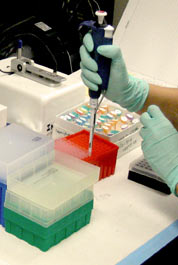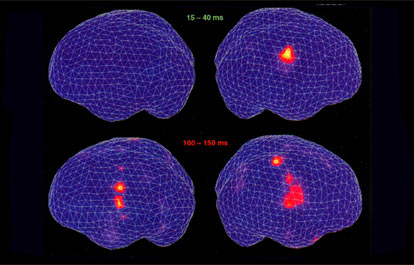

Scientific Lectures //
Parkinson’s Disease: Biomedical Engineering Approaches to Assessment & Treatment
Dr. Martin J. McKeown - Professor of Neurology, University of British Columbia
Presented: May 8, 2015
ABSTRACT: Parkinson’s disease (PD) is the second most neurodegenerative disease (after Alzheimer’s), affecting up to a million Americans and costing $25 billion/year. PD patients typically become symptomatic when more than 50% of dopaminergic neurons are lost, suggesting a prolonged presymptomatic period, and the urgent need for prodromal disease biomarkers. A number of effective pharmacological and surgical treatments exist for PD, but we have just had the 50-yr anniversary for the introduction of L-dopa – still the mainstay of treatment – and not all people are surgical candidates. New therapies are desperately needed.
Various biomedical engineering approaches are particularly well-suited to Parkinson’s disease assessment and treatment. We will discuss how novel EEG & fMRI brain activity and connectivity measures can be used to assess apathy and compensatory mechanisms in PD, and how time-varying resting state measures in fMRI can be used as a marker for cognitive inflexibility. Analysis of structural MRI scans can be used as a biomarker and to assess the effects of an exercise intervention. Novel EEG/EMG measures and Linear Dynamical System models can be used to characterize motor behavior. Finally we will discuss how System Identification and Control Theoretic principles can be used to design Galvanic Vestibular Stimulation stimuli for non-surgical, non-pharmacological treatment of PD.
Information shared in this lecture was requested be held from public access. MRN employees can access the presentation here.

